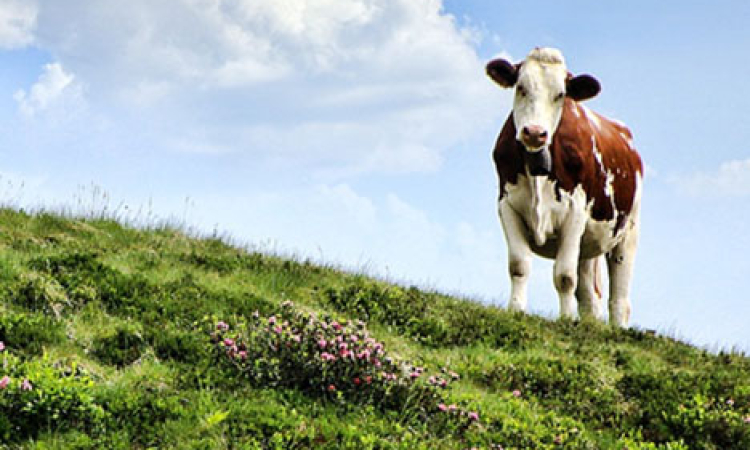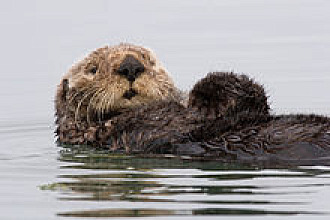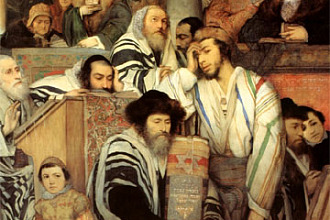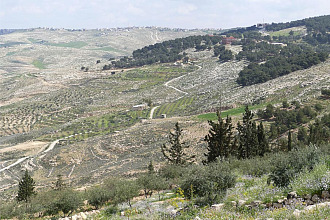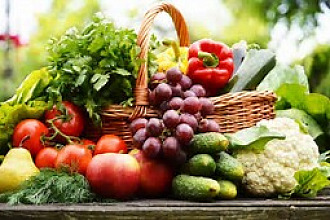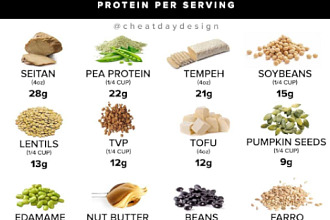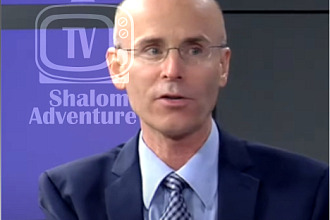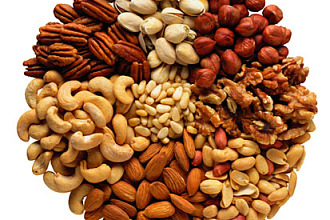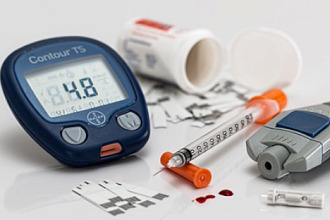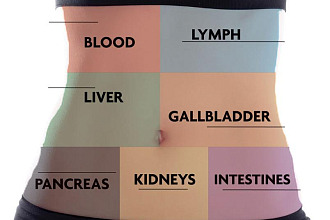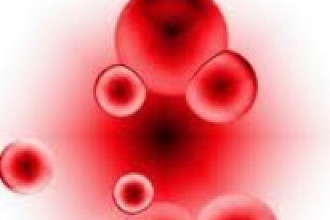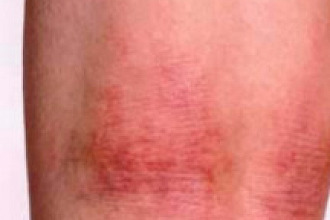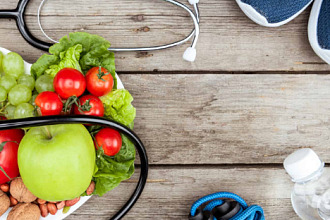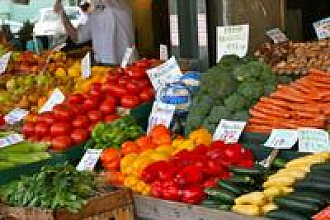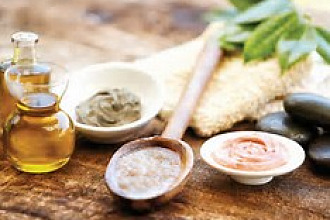We know the earth’s human population is booming. Already numbering over seven billion people, studies project we’ll reach nine billion by 2050.
Of course, more people means we’ll need more resources to sustain ourselves. Extra food, water, and land will be required to meet our basic needs. However, even now at seven billion people, an estimated 805 million people suffer from chronic hunger. In addition, our natural resources are already under intense strain. From our rainforests to our oceans, natural habitats and the plants and animals that live there are disappearing at an alarming rate. If our population increases by two billion in the next 35 years, we’re going to need to give some serious thought as to how we can adequately feed everyone while still protecting what natural environment is left. A plant-based diet has been proposed by some as the solution to our food problems. But would a shift to such a diet make a difference? Could the earth sustain nine billion people living on a plant-based diet?
The Problem With a Meat-Centric Diet: A great number of people today eat a Western diet that is heavy in meat, dairy, and eggs. Regions that traditionally adhered to largely plant-based diets have started adopting diets that include more animal products in tandem with their own national development and increased wealth. Most people rarely, if ever, stop to consider the resources required to produce their food. The problem is that the standard Western diet is extremely resource intensive. In order to produce animal products, land, water, and energy are required to grow, harvest, and transport the feed that is then fed to the farmed animals.
We currently produce enough calories to feed 10-11 billion people worldwide, however, the majority of this food goes to feed livestock, not hungry people. After feed for livestock is produced, additional land, water, and energy resources are required to house and raise the animals and dispose of their waste. Eventually, even more energy is required to transport these animals to slaughter and process their bodies. To give you can idea of how this all breaks down, it is estimated that people who eat beef use 160 times more land, water and fuel resources to sustain their diets than their plant-based counterparts. Because we are already struggling to feed our current population, we should be adhering to a diet that minimizes the use of our precious resources – not a diet that requires astronomical amounts of resources. But do other diets actually minimize resource use in a meaningful way?
Comparing Resource Requirements Between Diets: A quick look at the amount of resources required to produce animal products versus the amount of resources required to produce plants in the United States alone is astonishing: We use 56 million acres of land for animal agriculture while dedicating only four million acres of land to growing produce; A staggering 70 percent of grain in the United States is fed to farmed animals rather than to people (The world’s cattle alone consume a quantity of food equal to the caloric needs of 8.7 billion people — more than the entire human population on Earth); It takes 4,200 gallons of water PER DAY to produce a meat-eater’s diet. A plant-based diet uses only 300 gallons of water per day. Additionally, a whopping 70 percent of our domestic freshwater goes directly to animal agriculture; All resources taken into account, one acre of land can produce 250 pounds of beef.
Sounds pretty good, right? Not when you consider the fact that the same acre of land can produce 50,000 pounds of tomatoes or 53,000 pounds of potatoes. Instead of using our resources in the most energy-efficient way possible by growing plants to feed directly to people, we currently use our dwindling land and water to grow grain to then feed to animals who we then eat, giving us considerably less bang for our resource “buck.” By some estimates, we could feed 1.4 billion additional people simply by giving up beef, pork, and poultry in the United States. Think of what we could do if the entire world gave up all animal products!
Feeding the World: If trends continue as predicted, our population will continue to grow, more people will adopt a Western diet, and our natural resources will become more and more scarce. We need to determine the best way to feed ourselves without totally decimating our environment now before irreversible damage is done. Based on the above data, the earth simply cannot sustain nine billion people on a Western diet. Animal product-heavy Western diets are significantly more resource intensive than plant-based diets, and there are already substantial indications that we are over-taxing our resources trying to sustain our current population of seven billion. While at an individual level, we may not have the power to change government policies and business practices overnight to ensure food security, we do have the power to control our lifestyle choices.
The most important factor in this, is Gods word. Genesis 1:27-28 tells us that God created man in his own image, in the image of God; male and female he created them. God blessed them and said to them,. “Be fruitful and increase in number; fill the earth and subdue it. Rule over the fish of the sea and the birds of the air and over every living creature that moves on the ground.” Then God said, “I give you every seed-bearing plant on the face of the whole earth and every tree that has fruit with seed in it. They will be yours for food.
Clearly we have increased in number and are actively filling the earth, but we tend to overlook what our creator told us to do after he blessed us. God has given us every seed bearing plant for our food, for a reason. And if we expect everything to work out well, than we must be honor all that God has commanded for us to do. Several years ago I met a woman that healed her body from colon cancer after switching to a raw plant based diet. Even the pharmaceutical companies use pant extracts as key ingredients for the medications they develop. Gods way, is always the best way!

